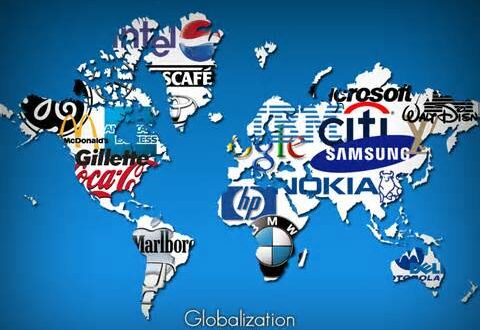CEOs would argue that their obligation is to their shareholders, not to the larger society. They need to generate profits in order to give shareholders dividends. If they don’t they’re out.
I noted at a recent GE shareholder meeting that the CEO, Jack Welch, kept saying to the shareholders, This is your corporation. Well, I’d like to see some shareholders go onto company property and say, I want to see the books. I’d like to see some shareholders start exercising some of their authority. The fact is that over the last 25 years, through courts and legislation, the rights of shareholders have been decreased enormously. They have very little authority any more in the running of these corporations. It’s the self-perpetuating boards, the people like Jack Welch of GE, who are running them as dictators. This line that the obligation of the corporation is to maximize profits for the shareholders came out of another federal court decision dealing with the Dodge Motor Company in the early part of this century. It’s not written in federal law. It was a court decision saying it was the obligation of the corporation to maximize profits for the shareholders. However, many states have put into their state corporation codes that the directors can take into account the impact of the corporation on the environment, on workers, on future generations. So in 15 or 20 states the law is clear that there are much broader criteria. The most important value in this country that drives everything is, The economy must expand. We must increase production. Efficiency is defined as production per person. That’s productivity. In order to have high productivity to please Wall Street you have to have people working in China or India or Malaysia making Nike sneakers and being paid nothing. Where did those values come from? Can we say we can have a society where production doesn’t always have to expand?
Could you elaborate a little more on the environmental consequences of the current path that we’re on?
We have a number of environmental laws, toxic chemical laws, clean air and water laws, that have been passed since the 1970s. These are laws regulating what the corporations can put out. Despite these laws, the amount of toxic chemicals produced every day by corporations is increasing. The amount of harm that people and other species are suffering is increasing. If you go back and look at these regulatory laws, what they do is legalize the corporations’ ability to put out poisons. They channel us, as activists and environmentalists, into trying to deal with one poison at a time rather than saying to the corporations, It’s illegal for you to be poisoning in the first place. So we have poisons in the air and the water, in the food.
From an ecological standpoint, from an equal distribution of wealth standpoint, from a justice standpoint the rule by giant corporations has brought us problems. It’s certainly brought us a lot of raw wealth. There’s a lot of production. We are the masters at producing things in this country. We produce more than anybody else in the world, more poisons and more garbage and more crap than anybody else in the world.
We and other organizations have been producing materials over the last six years or so. Those can be very helpful to people, to read the history that they didn’t know, and see how other folks in other generations have been addressing this.
Talk about practical things that people can do in to reframe the debate.
We and other organizations have been producing materials over the last six years or so. Those can be very helpful to people, to read the history that they didn’t know, and see how other folks in other generations have been addressing this. We’re suggesting that folks who are interested form some kind of study group, read and start thinking and talking about this. We have to start using a different language, thinking about ourselves in a different way. People who belong to activist civic organizations need to bring these debates into churches, academic institutions, professional societies, or in places like town meetings. We need to start bringing these discussions into the body politic.
For example, in the little town of Arcata in northern California, a group of people formed Democracy Unlimited. They qualified a petition, an initiative for the ballot which called on the city hearings to commission a report on the ways that the city could begin to take back its authority from the giant timber corporations that dominate northern California. They’re creating a public debate and using some of the resources of their own government.
In 1994 you helped establish the Program On Corporations, Law And Democracy. Its mission statement is “instigating democratic conversations and actions that contest the authority of corporations to govern. “
I think that says it in a nutshell. We’re saying that the norm of giant corporations is to usurp the governing authority of the people. With that authority, given their values and their own internal needs, they’re going to make the wrong decisions. Most people don’t recognize that corporations are governing illegitimately, we’re trying to help create that debate. Out of that debate will come, we hope, a different kind of citizen organizing in the 21st century, which is about taking these powers and privileges away from corporations and saying: We are the sovereign people, we come together to form this government, to protect the general welfare, to preserve our posterity. We create these corporations. We define them. When they have exceeded their authority, we must say, We’re in charge. Here’s how we want things to be run.

 Mouood Mouood English Edition
Mouood Mouood English Edition



